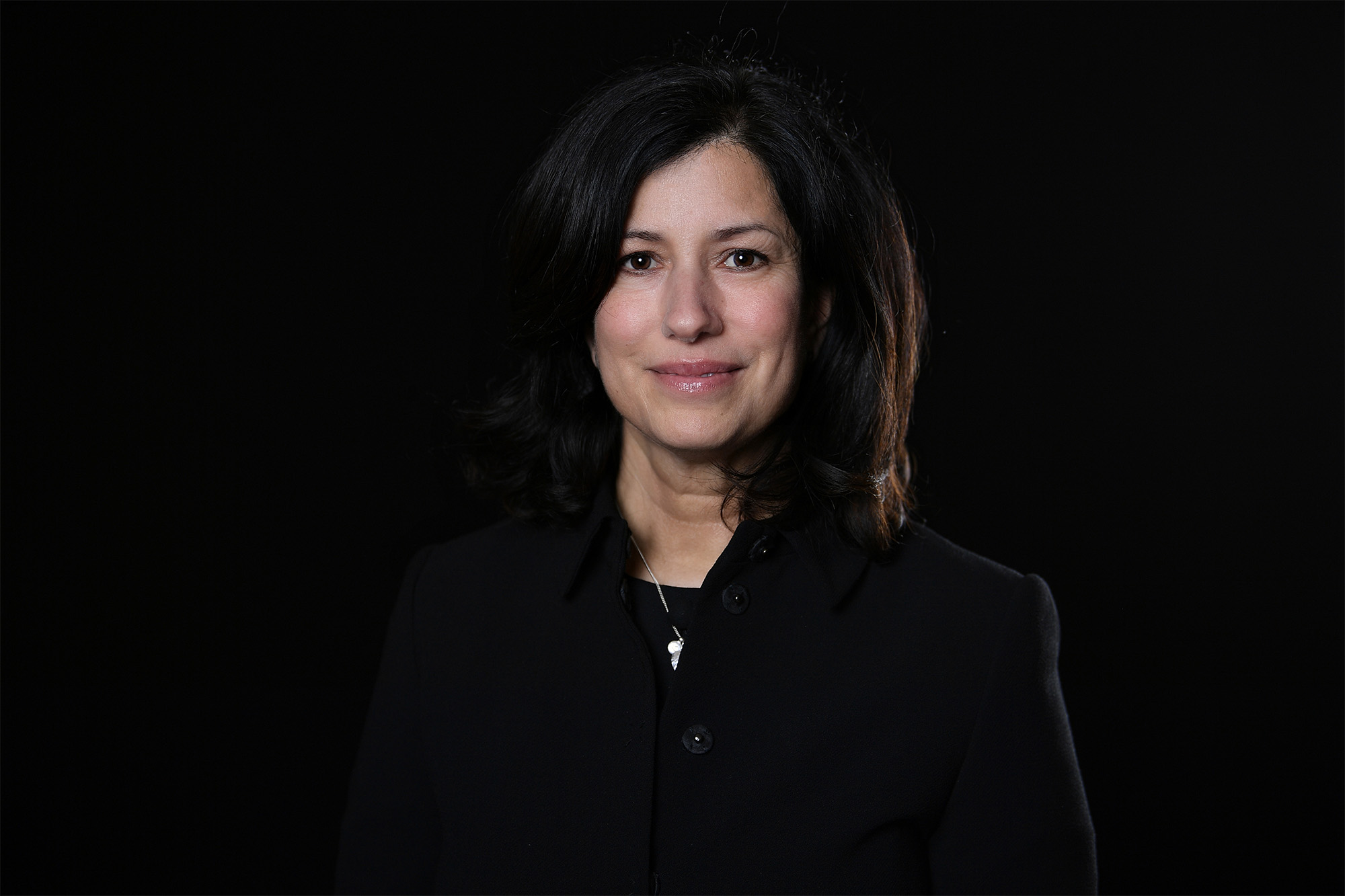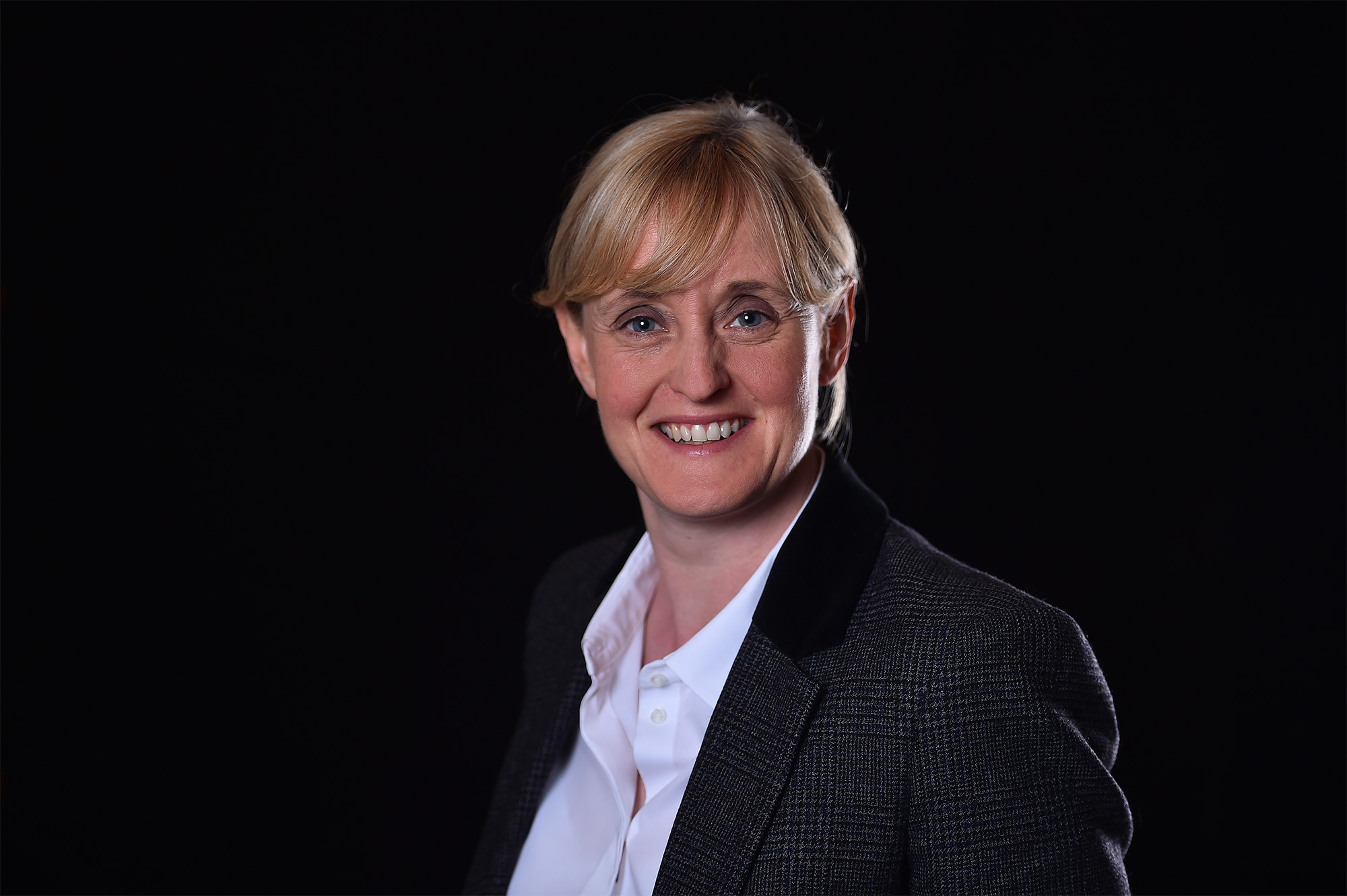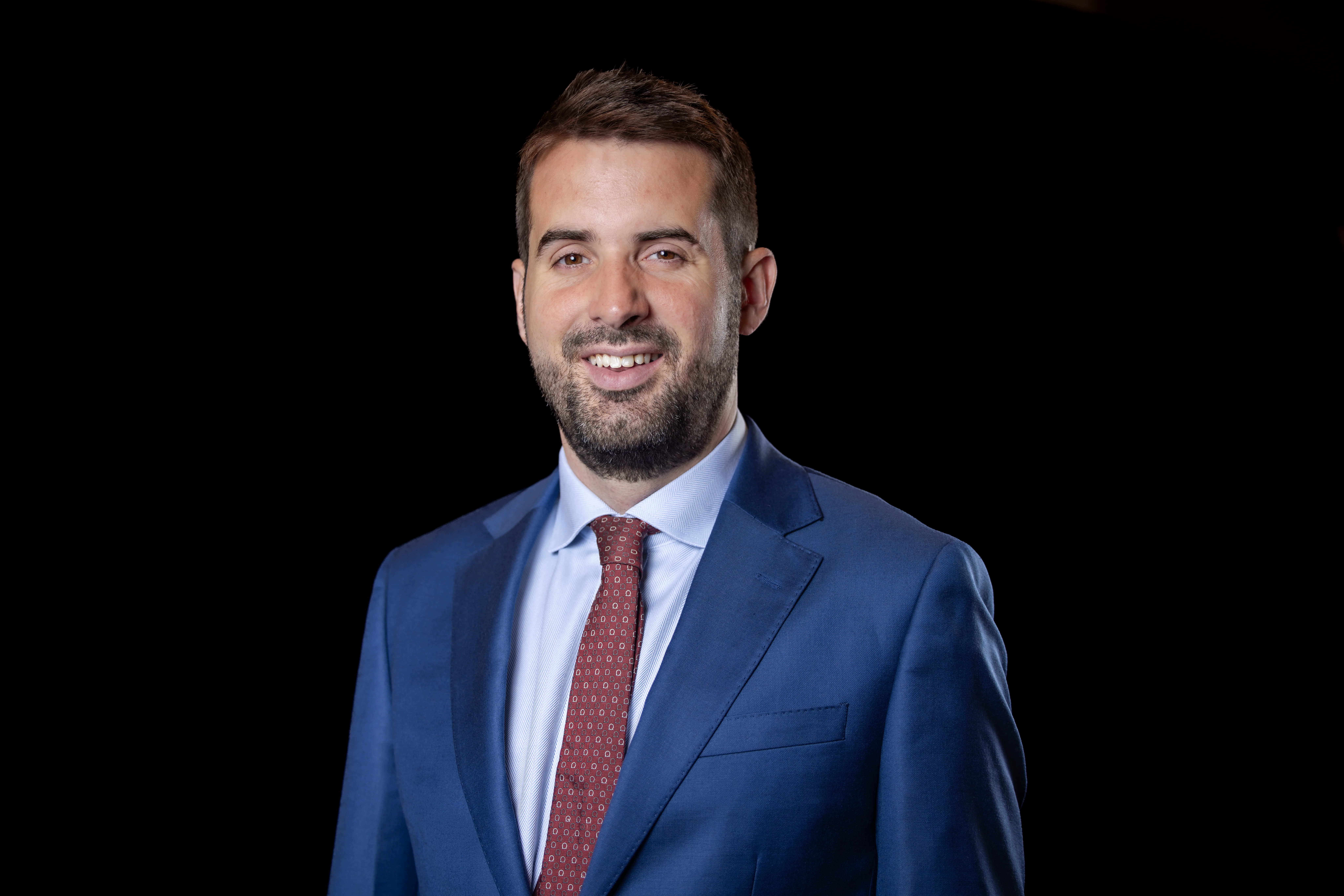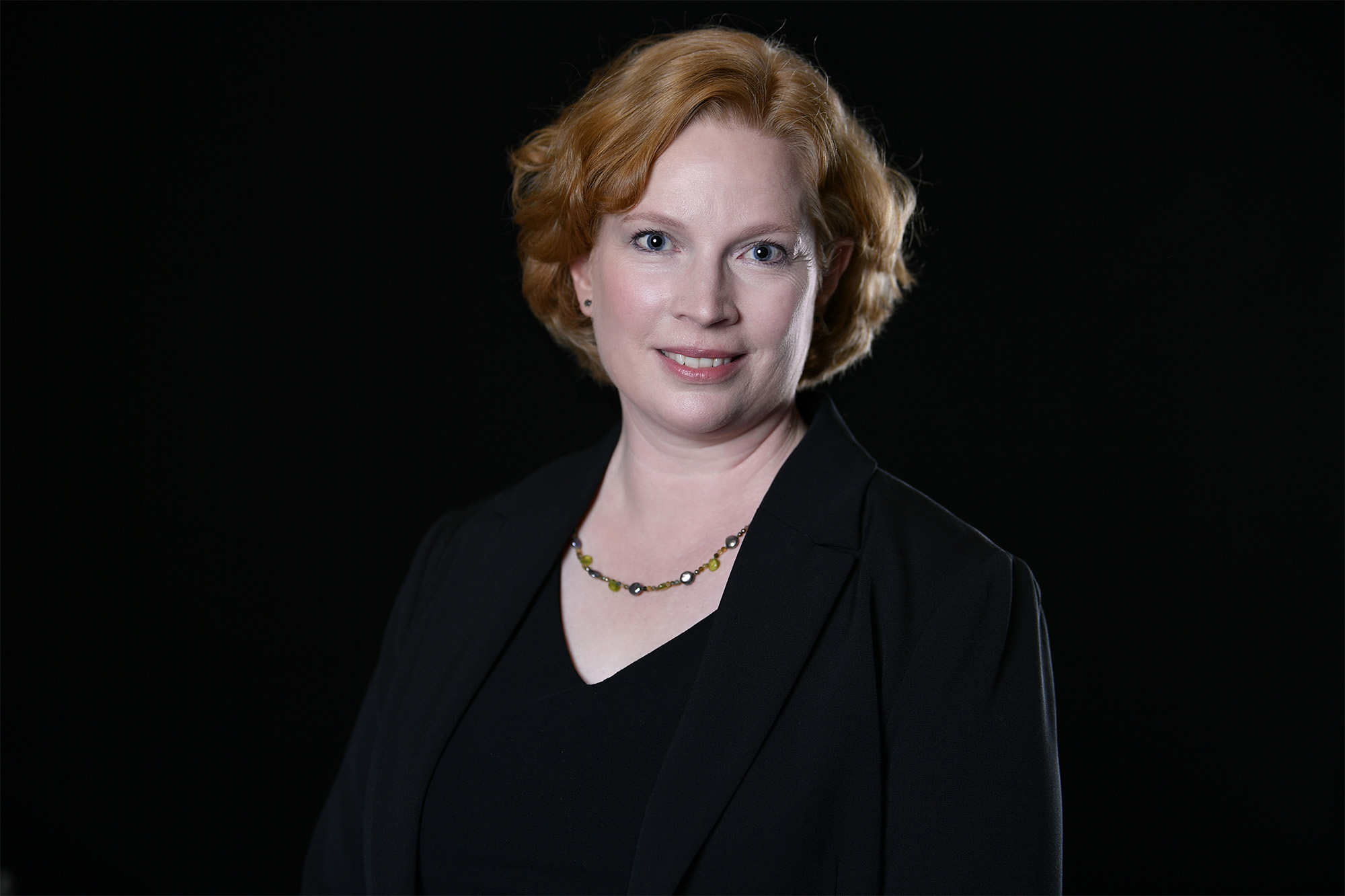The UK has an established reputation for a world-leading education sector and continues to welcome students from a variety of backgrounds and with diverse aspirations to universities, further education and English language colleges, and independent schools.
One of the reasons for the success of the UK education system is its high standards that are thoroughly regulated and audited by the Higher Education Quality Assurance Agency to review and ensure quality of teaching and academic standards.
There is no limit on the number of international students who can come to the UK to study, and the UK is seeking to increase the number of international students in higher education as part of the government’s new Points-Based Immigration system, as announced on 31 December 2020.
As part of this announcement the government revealed that in the summer of 2021 a graduate will be able to apply for a visa to stay and work or look for work for a maximum period of two years (three for PhD students) after completing studies. This indicates an attempt by the government to retain international talent that have come to the UK to study, since most non-EU students leave the UK after completion of their studies.
Being part of the education system in the UK not only creates opportunities to learn from leading scientists and teachers, but to take part in developments that impact the quality of knowledge worldwide. This is supported by the latest figures from the Research Excellence Framework, which reveals that 30% of university research in the UK is classified as world-leading and 46% as ‘world-class excellence’. This has been especially apparent this year with the Oxford-AstraZeneca vaccine produced in association with the University of Oxford.
Student Environment in British Education
Britain is a favourable environment for international students with a long history of accepting international students to study at its universities and top academic schools. And hopefully feelings of homesickness are rare thanks to the great variety of international student communities that provide a network of support.
Parents from all over the world have long favoured the UK’s education system for their children. The many independent fee paying schools remain first choice for many parents who seek to provide their children with the best chances of progressing to renowned higher education including Oxford, Cambridge and other Russell Group universities.
The Independent Schools Council (ISC) revealed in its annual report for 2020 that there were over 15,000 pupils whose parents remained outside the UK. Further, there were more than 30,000 non-British pupils at ISC schools whose parents had relocated to the UK.
During their student years, international students who are pursuing a bachelor’s or master’s degree from a recognised university are allowed to work part-time during the semester for up to 20 hours per week and full-time during vacations. It is also very common for universities to assist students with employment or their own business development during and after the completion of courses. The UK also benefits significantly from international students, not only the obvious financial benefit but also the cross fertilisation of knowledge gained from their studies or work that they bring to the UK.
Academic standards in UK higher education are generally regarded as excellent and retain a high level of prestige, so many international families feel that a UK education will provide students with a solid foundation to find their dream job and maximise their potential.
Kathryn Bradbury and Matt Ingham at Payne Hicks Beach are recognised leaders in immigration and able to assist prospective students with Student Visa applications as well as other UK immigration matters. Once a school/university is chosen we can oversee the entire visa process.
What to do if you need help?
International students and their families will often rely on education consultants to assist in navigating the foreign system, from the initial applications, via identifying suitable tutors to internships and, finally, transition to the job market.
For most students their time in school and university is a happy one, and one they will look back on with fond memories. However, no-one can cater for the unexpected and students and their families may need legal advice in dealing with disagreements with the school or university, or sensitive issues involving other students. We offer specialist advice relating to a variety of issues that can occur during a student’s life. Ane Vernon leads the firm’s education team. She is a Partner in the Dispute Resolution department with particular experience in disputes in the education sector.
Students and their parents have come to rely on Ane’s advice and calm guidance when finding themselves in stressful and emotionally charged situations. The team have an established track record of resolving disputes through litigation or by identifying workable solutions in a variety of issues, such as admission arrangements, exclusions, allegations of misconduct or discrimination, and they regularly advise in connection with procedures and policies, examinations and appeals.
Social media and smart phone technology have become a central challenge for educational institutions and sensitive and potentially very damaging issues arise from their use and abuse, both for staff and pupils. Payne Hicks Beach Partners, Dominic Crossley and Hanna Basha, experts in privacy law and reputation management, work closely with the firm’s education team and have extensive experience in handling such issues both for institutions and private individuals.
Conclusion
There is good reason for the long-standing tradition of international families securing a UK education for their children and we hope this will remain the case in 2021 and onwards. For most students, luckily, there will be no need to consult lawyers, but when issues do arise, families will be reassured by prompt, clear and well-rounded legal advice, and we are confident that this is what we are able offer at Payne Hicks Beach.
For further information please contact by email, Partner and Head Kathryn Bradbury or Partner Matt Ingham in the Citizenship & Immigration department, Ane Vernon Partner and schools and education specialist lawyer, Partner and Head Dominic Crossley and Partner Hanna Basha, privacy and media specialist lawyers in the Dispute Resolution department at Payne Hicks Beach or alternatively telephone on 020 7465 4300.






